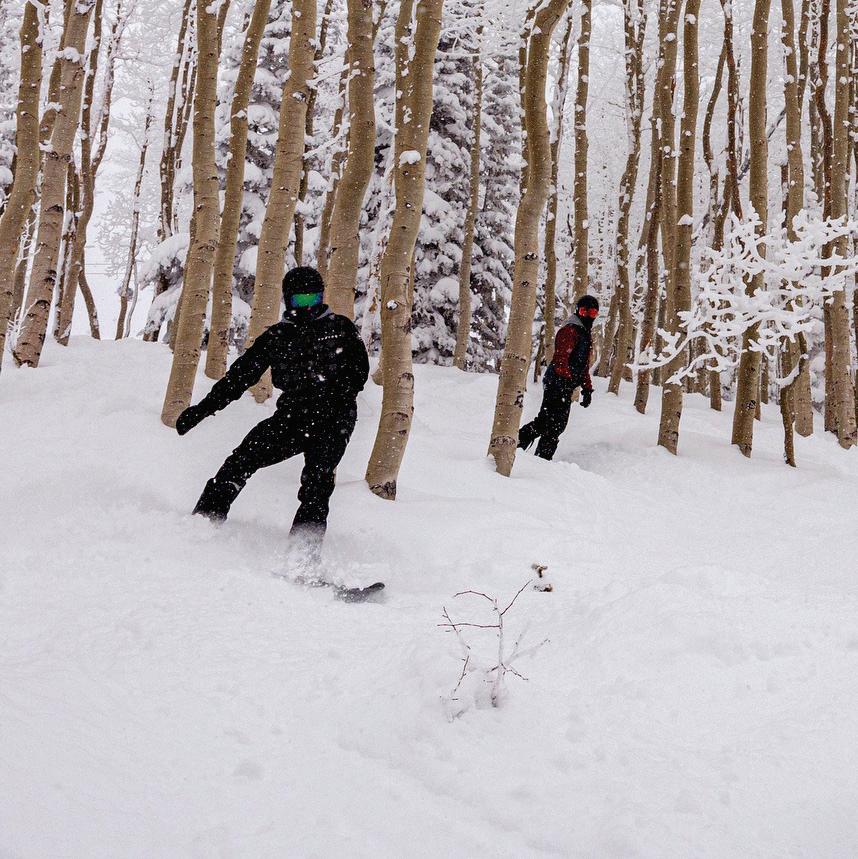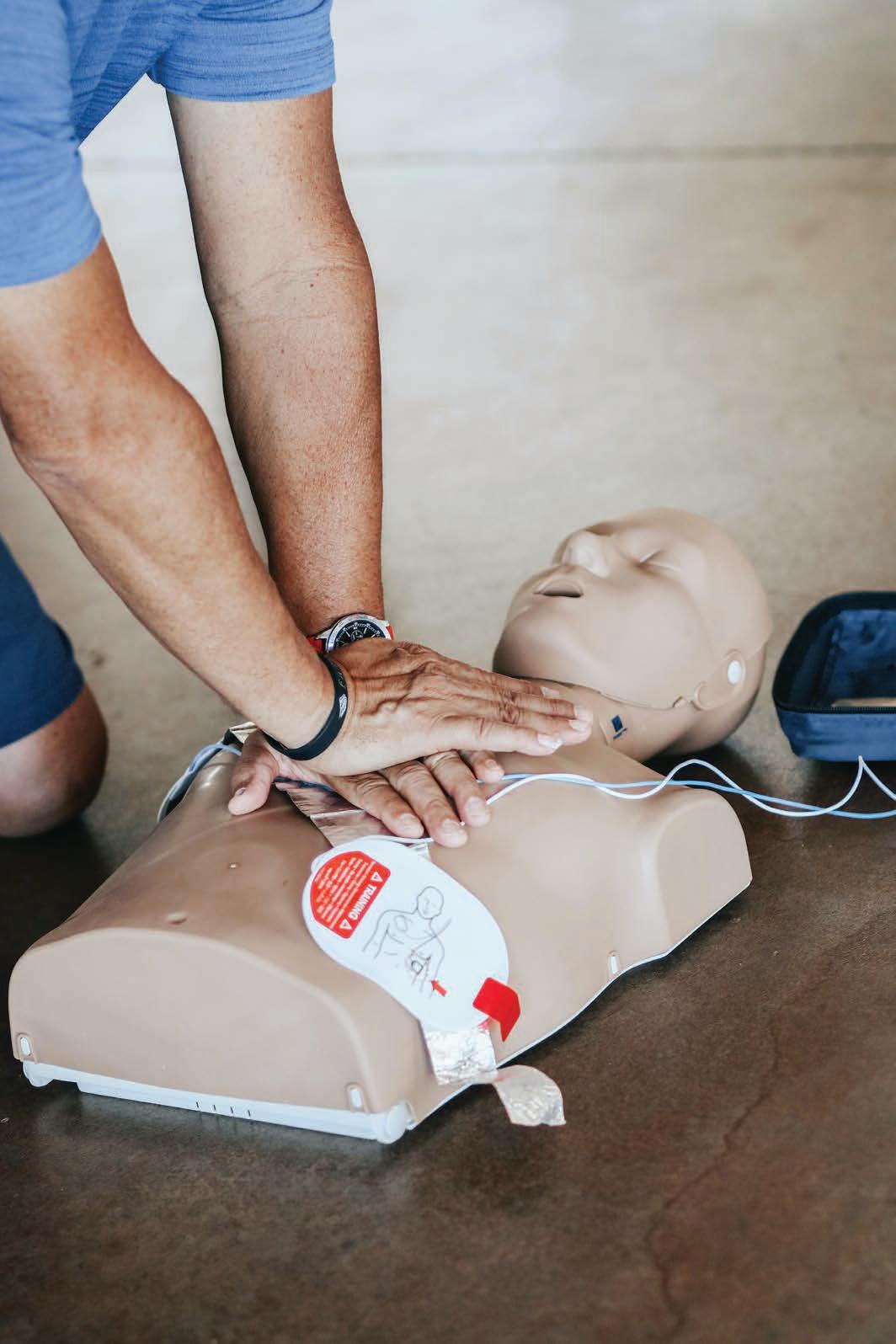
2 minute read
Bill would encourage CPR training in high schools
Critics call proposal in Colorado legislature a ‘feel-good’ measure
BY HELEN SANTORO KAISER HEALTH NEWS


A bill advancing in the Colorado legislature would encourage schools to begin teaching students lifesaving skills before graduation, but critics contend it’s little more than a “feel-good” measure devoid of vital requirements and funding.
Colorado is one of 10 states where laws don’t mandate CPR training for high school students, according to the American Heart Association.
In February, the Colorado House passed a bipartisan bill to add training for CPR and how to use an automated external de brillator, or AED, to the Colorado Department of Education’s comprehensive health education high school curriculum.

But the proposal stops short of requiring public high schools to adopt the revised curriculum, or subsidizing the e ort. Instead, they would be strongly encouraged to implement the training on their own.
“ e bill is a noble e ort and is something that needs to be done,” said Lynn Blake, vice chair of the Eagle County Paramedic Services board. “However, it’s a feel-good law until mandates and dollars accompany it.”
In 2021, Colorado reported 3,727 woman nearby performed CPR on her, and a few minutes later, paramedics arrived and shocked Blake three times with an AED, which saved her life. A 2022 study by the Children’s Hospital of Philadelphia found that states that require CPR training in schools have higher rates of CPR being performed by bystanders, thus improving survival rates.
“We have a huge need for people to learn to act quickly in emergency situations,” said state Sen. Janice Marchman, a Democrat sponsoring the bill. “ at’s why it would be great to train high school students not just to do CPR, but also to use the AED machines.” e bill encourages each public school to adopt a curriculum that includes “hands-on” training on performing CPR and using a de- single CPR manikin and AED trainer ing to the American Red Cross store. School districts might be eligible to education grant funded by the state e bill also stops short of making ment for public high schools, leaving mand it. Alabama has mandated CPR training for high school graduation since fall 1983 and Iowa has done the same since 2009.
All Colorado public schools are bound by the state’s comprehensive health academic standards, so it’s likely that most schools would abide by the change without making it a graduation requirement, Marchman said.
Colorado Senate Republicans are con dent schools will be eager to equip students and teachers with these lifesaving skills, caucus spokesperson Joshua Bly said. e Colorado Department of Education’s role is to implement policy, not speculate on why CPR and AED training is not mandated in high
Collins wants to be and has been one of those people.
As the local PGA WORKS Fellow, he supported PGA REACH Colorado’s charitable programs, which include the Colorado PGA Junior Tour; the PGA Jr. League; Golf in Schools; Drive, Chip & Putt; and PGA HOPE (Helping Our Patriots Everywhere) — all of which are designed to grow the game of golf and make this “tucked away” game available to people of all ages, ethnicities and skill levels.
“My heart’s in growing the game and getting it into the hands of people who have never played,” Collins said. “For me, it’s really important to get them in the game so they can teach their children and so on and so on, and also to break the ‘ is is a 45-year-old white man’s sport’ stereotype.”
Apparently, Collins is doing the job he was hired to do … and then some. Six months into his one-year fellowship, which began in May 2022, he was o ered a full-time job with the Colorado PGA Section. He’s now the manager of the section’s Junior
Cpr
FROM PAGE 10 schools, department spokesperson Erica Grasmick said. is isn’t the rst time Colorado lawmakers have sought CPR training in high schools. A 2012 bill pushed by the American Heart Association tried to mandate CPR and AED training for high schoolers. But the Colorado Association of School









